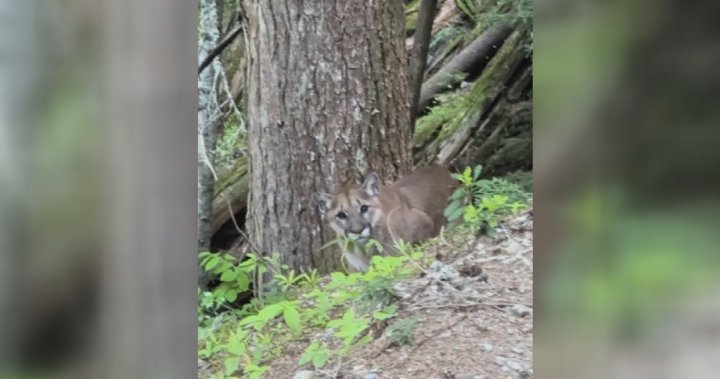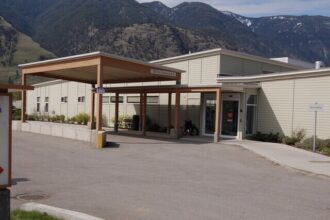The popular Whistler Bike Park remains shuttered for a third consecutive day as wildlife officials track multiple cougar sightings in the recreational area, creating an unusual mid-summer disruption for one of British Columbia’s premier outdoor destinations.
What began as a precautionary one-day closure has extended into the weekend after conservation officers confirmed at least four separate cougar encounters near the park’s heavily trafficked trails. The most recent sighting occurred Thursday evening when a mountain biker reported a cougar exhibiting what experts describe as “concerning behavior” – including following riders and showing minimal fear of humans.
“We’re dealing with a situation that requires an abundance of caution,” said Marc Riddell, spokesperson for Whistler Blackcomb. “While cougars are native to this region, this particular animal’s behavior patterns suggest it may be habituated to human presence, which creates potential safety concerns for our guests and staff.”
Conservation officers have deployed specialized tracking teams equipped with trained dogs to locate the animal. According to the British Columbia Conservation Officer Service, the cougar appears to be a healthy adult male approximately two years old, weighing an estimated 140 pounds.
Wildlife biologist Dr. Eleanor Chen from the University of British Columbia notes this behavior, while concerning, isn’t entirely unexpected. “Summer tourism brings increased human activity to wildlife habitats. Young male cougars, particularly those establishing new territories, may become curious about human presence without necessarily intending predatory behavior.”
The economic impact of the closure has already been felt throughout Whistler Village, with local businesses reporting declining foot traffic during what would typically be peak season. The bike park attracts approximately 2,500 visitors daily during summer weekends, according to Whistler Tourism data.
“Every day the park remains closed represents significant revenue loss not just for Whistler Blackcomb, but for equipment rental shops, restaurants, and accommodations throughout the area,” explained Timothy Brewster, director of the Whistler Chamber of Commerce.
Park officials have implemented a phased reopening strategy that may begin as early as Monday, starting with upper mountain sections furthest from the reported sightings. Lower sections, where most encounters occurred, will remain closed until conservation officers determine the risk has been mitigated.
Visitors with existing reservations are being offered full refunds or the option to reschedule, according to Whistler Blackcomb’s customer service department.
The situation highlights the delicate balance between outdoor recreation and wildlife management in Canada’s mountain regions. As development continues to expand into traditionally wild areas, human-wildlife interactions become increasingly common.
As vacationers and local outdoor enthusiasts await updates, the fundamental question remains: how do we continue enjoying British Columbia’s spectacular natural landscapes while respecting and protecting the wildlife that makes these areas so special in the first place?


















